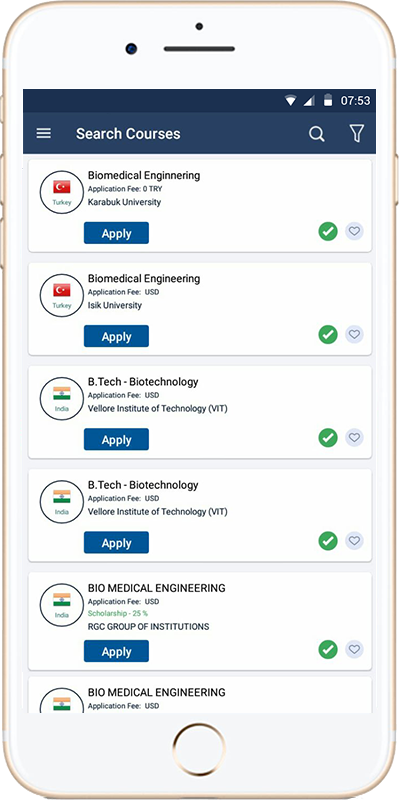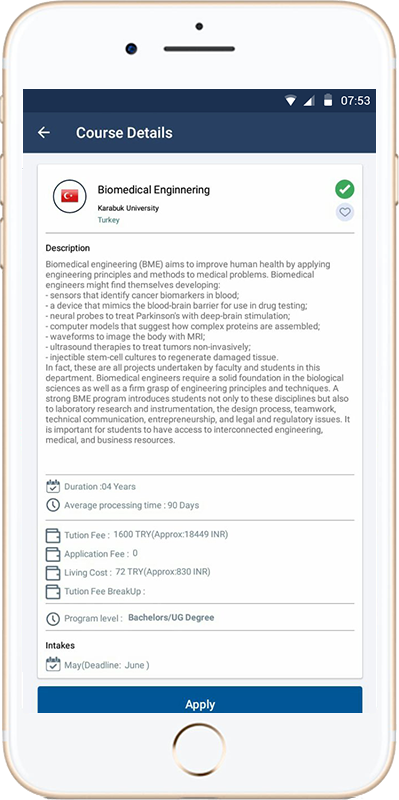With more than 40,000 students and offering more than 400 courses and research programs, Queensland University of Technology (QUT) is a modern university for the real world.
We began operating as QUT in January 1989, following approval of our status as a university.
But our history truly begins in colonial times...
Brisbane School of Arts 1849
The Brisbane School of the Arts began as a place of recreation, with a library, public debates and lectures.
Eventually, the school developed a stronger educational focus, offering two drawing classes in 1881.
In 1882, the Brisbane School of the Arts became the Brisbane Technical College.
Brisbane Technical College 1882
Initially, only 80 students attended the Brisbane Technical College. After the economic depression of the early 1890s, enrolments rose to more than 1,000 students in 1897.
Brisbane Technical College was the largest institution in Queensland in the 19th century.
In 1908, the Queensland Parliament passed the Technical Instruction Act, and Brisbane Technical College became the Central Technical College.
Central Technical College 1908
Central Technical College became a key institution for apprenticeship and vocational training for both men and women, with courses such as mathematics, literature, healthcare, and industrial electronics.
After World War II, the college expanded to a site in South Brisbane. By the early 1960s, Central Technical College had more than 13,000 students and had further expanded its courses.
Eventually, the professional and technical courses offered at Central Technical College moved to the Queensland Institute of Technology.
Brisbane Kindergarten Training College 1911
Established in 1911 with an initial enrolment of five students, by 1929 the Brisbane Kindergarten Training College offered two separate courses.
By the end of the 1930s, student numbers had increased to 25, and in 1946 the college introduced a three-year course and the number of students steadily increased.
Brisbane Kindergarten Training College was renamed the Brisbane Kindergarten Teachers College in 1965.
Architecture at QUT
Since 1919, the revered red brick buildings of our Gardens Point campus have been the setting for the formative steps in the careers of thousands of architects.
Take a journey through our institute's 100 year history of architecture and meet the people who laid the foundations for those who came after.
100 years of architecture
Kedron Park Teachers College
Opening with 192 students, Kedron Park Teachers College began with a two-year primary teaching program, but soon offered three-year teacher training.
In 1974, Kedron Park Teachers College became known as North Brisbane College of Advanced Education.
Brisbane Kindergarten Teachers College 1965
The first preschool college in Australia to accept male students, Brisbane Kindergarten Teachers College played a large role in research into early years education.
In 1972, a demonstration kindergarten - equipped with the latest observation technology - was built at the college, and by 1973 the college population reached the record figure of 392 students, with 200 students entering the first year of the diploma course.
In 1982, Brisbane Kindergarten Teachers College merged with three other teaching colleges to form the Brisbane College of Advanced Education.
North Brisbane College of Advanced Education
North Brisbane College of Advanced Education extended their courses on offer to include business studies, community studies and liberal studies.
In 1982, North Brisbane College of Advanced Education merged with three other teaching colleges to form the Brisbane College of Advanced Education.
Kelvin Grove College of Advanced Education 1976
By 1980, Kelvin Grove College of Advanced Education had diversified into dance, theatre, residential care and visual arts, applied science (home economics) and counselling.
In 1978, Kelvin Grove College of Advanced Education held seminars in ceramics and painting in remote areas throughout Queensland, using light aircraft and buses to transport artists, tutors and materials between towns.
Kelvin Grove College of Advanced Education merged with three other teaching colleges in 1982 to form the Brisbane College of Advanced Education.
Brisbane College of Advanced Education 1982
In 1981, the Commonwealth Government decided to combine four Brisbane teaching colleges (including Kelvin Grove College of Advanced Education, North Brisbane College of Advanced Education and Brisbane Kindergarten Teachers College) to form the new Brisbane College of Advanced Education.
By 1986, courses included teacher education, business, creative and performing arts, and early childhood studies. Schools of health and welfare studies, and physical education and leisure studies were also established. A masters degree in education was first offered in 1990.
Student enrolments grew to 10,155 in 1989, and Brisbane College of Advanced Education joined with QUT in 1990.
What to expect :
While studying with us, you'll have access to the best lecturers, study with the most advanced technology and learning spaces, and get heaps of hands-on experience with industry to prepare you for the real world.
The experience you need :
Our courses emphasize real-world practice and hands-on learning, which means that you’ll build all the skills you need to step into your future career after graduation. Practical learning starts from your very first semester in some of our courses.
We’ve got close connections between industry and government partners, so our courses are all up-to-the-minute with international thinking and standards.
You’ll study in our industry-standard practical spaces, labs, and workshops, where you’ll be able to put your theory into practice and create, collaborate, and build your skills with confidence.
Ready for the real world? :
Work experience can make a big difference when you’re applying for your dream job.
Put theory into practice with work-integrated learning units throughout your course. You’ll have great opportunities to be placed in industry-leading organizations and workplaces as part of your course, where you’ll build important networks and learn what your future career could really be like.
You can also get course-relevant, real-world experience through not-for-credit work experience placements and volunteering programs.
You can also collaborate on real research projects with our academics, contribute to real-world solutions and be at the vanguard of research progress.
Go global :
Your studies can take you all over the world both during your course and after graduation. Make connections and develop networks during a semester or year overseas as part of your degree with our student exchange program. Or if you’re looking for something shorter, you may be able to do a two- to the four-week intensive overseas study program.
We partner with over 200 top universities in 43 countries around the world. Study overseas and get invaluable experience, and broaden your personal and academic horizons.
International rankings
- We were ranked in the top 300 universities globally by the 2016 Academic Ranking of World Universities (Shanghai Jiao Tong).
- Ranks 1st in Australia for Media and Communication as per QS World Ranking
- We rose to a world position of 224 in the 2019 QS World University Rankings.
- We are ranked 33 in the 2019 Times Higher Education Asia-Pacific university rankings.
- In the UK-based Times Higher Education world university rankings for 2018, we were placed in the 201-250 bracket.
- Holding international triple crown accreditation places our QUT Business School in the top 1% of business schools worldwide.
Queensland's top university under 50 years old
- The Times Higher Education 150 Under 50 is a ranking of the top 150 universities under 50 years old. showcasing young universities that have achieved great success in research and teaching. In 2018, we were ranked as Queensland's top university under 50.
Excellence in learning and teaching
- Many of the people who teach at QUT earn national recognition for their efforts. In 2015, we received five prestigious Australian Awards for University Teaching citations.
- Our Science and Engineering Centre, which is home to The Cube, was honored for its innovation in the inaugural Australian Financial Review Higher Education Awards.
Excellence in research
- ERA (Excellence in Research for Australia) evaluates the quality of research undertaken in Australian universities against national and international benchmarks. In the most recent 2015 ERA rankings, 100% of our research was rated at world standard or above (scores between 3 and 5).
Queensland University of Technology is among the most renowned and reputed universities in the world. Rightly so, Queensland University of Technology rankings in the most prominent rankings like THE (Times Higher Education), QS and US News & World Report are proof of its reputation.
Queensland University of Technology ranking is among the top universities in the world in the latest rankings. According to THE (Times Higher Education), Queensland University of Technology ranks at 201-250 in 2023 among University Ranking. Queensland University of Technology has been consistently ranking in the top universities in the world in THE (Times Higher Education) since past few years.
In the US News & World Report Global Universities, Queensland University of Technology ranking is 171 in 2023, which shows that it has Improving its position as last year. US News & World Report Global Universities has placed Queensland University of Technology at 171 in 2023. Queensland University of Technology ranking in the QS has Improving as 2024 from 2021.
















